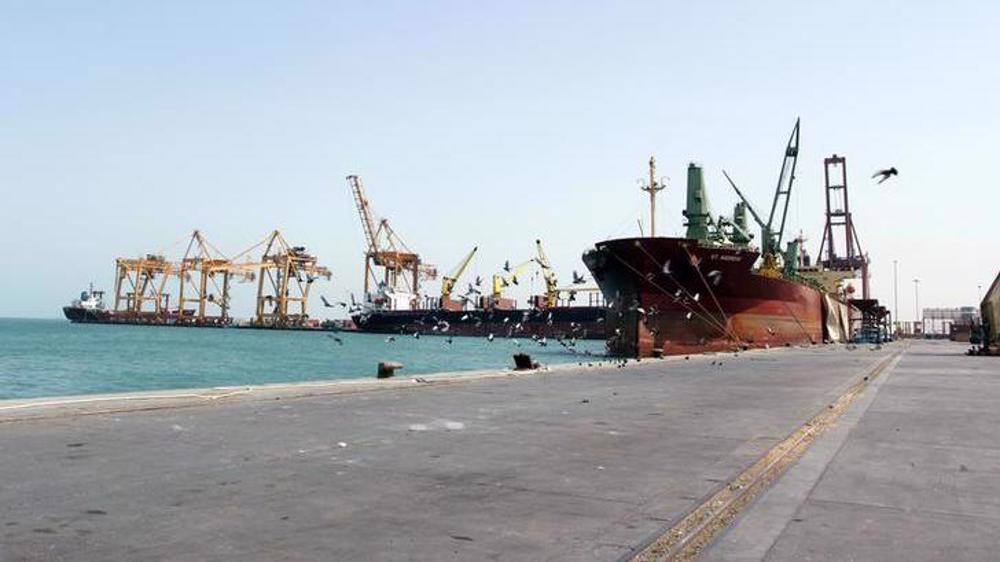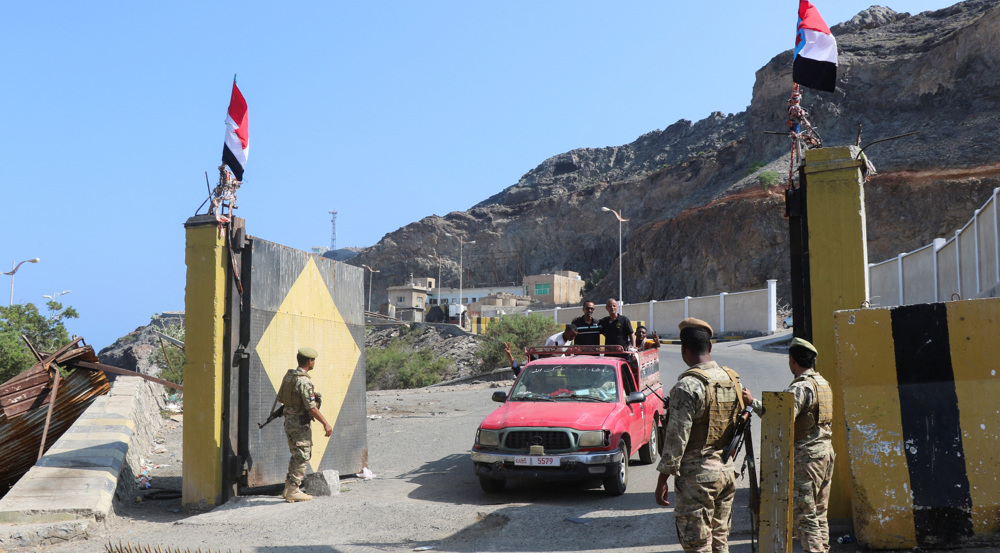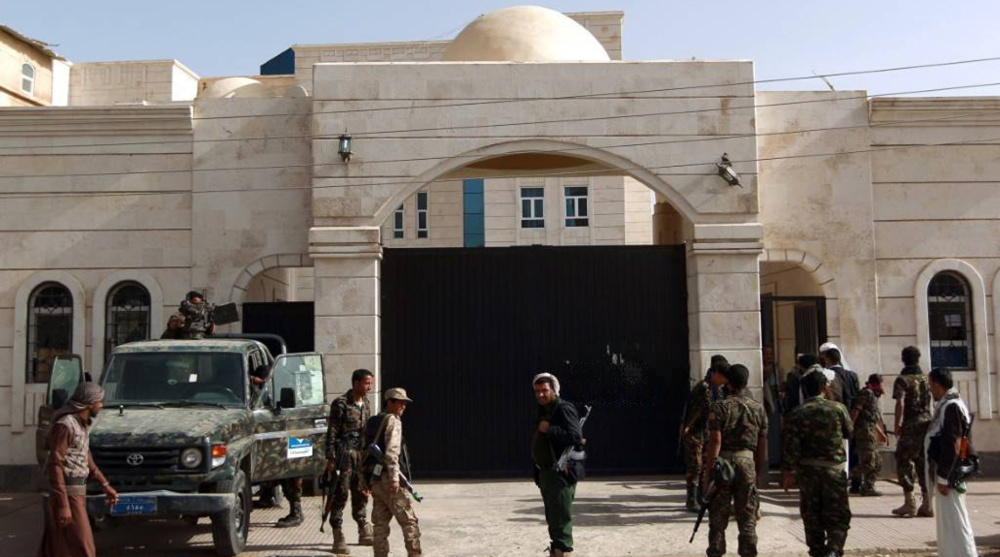Saudi-led blockade strands 15 vessels carrying oil derivatives outside Yemen's ports: Company
The Yemeni Petroleum Company (YPC) says more than a dozen tankers carrying over 410,000 tons of oil derivatives are stuck outside ports in Yemen as the ongoing blockade imposed by the Saudi-led coalition against the impoverished country hampers its efforts to import vital commodities.
The company announced in a statement on Tuesday that 15 vessels with 410,728 tons of petroleum products have been held up off the coast of Yemen for different lengths of time in flagrant violation of international human rights conventions and humanitarian rules.
The YPC further highlighted that the Saudi-led alliance waging a bloody military onslaught against Yemen blatantly ignores the provisions of the Stockholm agreement, which stressed in its entirety the need for facilitating the arrival of basic materials and humanitarian aid to the Yemen’s western port of Hudaydah in a way that meets the needs and aspirations of the Yemeni nation.
Delegates from the Houthi Ansarullah movement and representatives loyal to former Yemeni president Abd Rabbuh Mansur Hadi held a round of peace negotiations in Rimbo, north of the Swedish capital city of Stockholm, in December 2018.
The talks resulted in the announcement of a breakthrough agreement.
The document included three provisions: a ceasefire along the Hudaydah front and the redeployment of armed forces out of the city and its port; an agreement on prisoner exchange; and a statement of understanding on the southern Yemeni city of Ta’izz.
The YPG emphasized that the continued confiscation of the oil tankers contradict earlier remarks by the UN Special Envoy for Yemen, Martin Griffiths, before the Security Council on January 16 and October 22 last year, during which he claimed that ships carrying energy derivatives enter the port of Hudaydah without any obstacles.
The company noted that the Saudi-led coalition continues to besiege the Yemeni nation through maritime piracy, which aims to hinder the arrival of vessels carrying oil derivatives, natural gas, food, medicine and other basic commodities to Hudaydah, despite the fact that the ships had earlier acquired necessary permits in Djibouti under the United Nations Verification and Inspection Mechanism for Yemen (UNVIM).
Saudi Arabia and a number of its regional allies launched the devastating war on Yemen in March 2015 in order to bring Hadi back to power and crush the popular Houthi Ansarullah movement.
The US-based Armed Conflict Location and Event Data Project (ACLED), a nonprofit conflict-research organization, estimates that the war has claimed more than 100,000 lives over the past five years.
More than half of Yemen’s hospitals and clinics have been destroyed or closed during the war by the Saudi-led coalition, which is supported militarily by the UK, US and other Western nations.
At least 80 percent of the 28 million-strong population is also reliant on aid to survive in what the United Nations has called the world’s worst humanitarian crisis.
New footage refutes Israel’s pretext for Palestinian teen’s killing
400 Harvard affiliates slam university for removing pro-Palestine professor
Official: Iran now among world's leaders in infertility treatment
VIDEO | Fighting British state
VIDEO | Press TV's news headlines
Iran, Russia stress strategic partnership as Pezeshkian, Putin meet
Iran stresses need for trust, solidarity among world’s nations
Israel admits it inflicted less damage to Iran than initially thought













 This makes it easy to access the Press TV website
This makes it easy to access the Press TV website